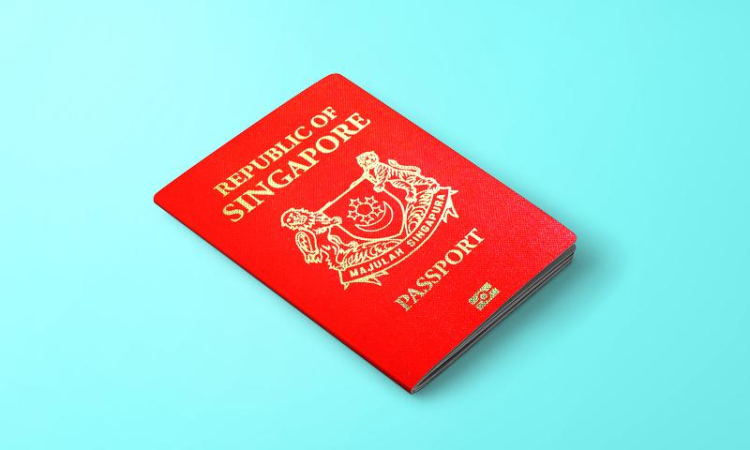
Acquiring Singapore citizenship is a big step, but not many applicants know how significantly an ex-convictee’s criminal record will impact their application. During the assessment process, the Immigration and Checkpoints Authority (ICA) also carries out thorough background screening. Knowing how a criminal record can influence your application is important if you are in the process of considering your future in Singapore. Whether you are submitting your application individually or via an immigration consultancy, it is important to understand the implications of a criminal record.
The Significance of Character Review
Among the most important things to look at when assessing a candidate for Singapore citizenship is one’s character. Being a citizen is not merely a matter of residency or work history—being a citizen also speaks to having shown responsible conduct and compliance with the law. Having a clean criminal record adds weight to this consideration, as it indicates trust and honesty.
Having a criminal record for serious crimes like theft, fraud, drug offences, or violence can critically hamper the approval process. The ICA’s policy is based on the protection of the safety, stability, and values of Singaporean society. Minor offences may also be considered if they indicate a history of misbehaviour.
Types Of Criminal Offences That May Affect Your Application
Not all offences carry equal weight. Authorities typically differentiate between minor infractions and more severe crimes. For instance, a parking fine or jaywalking ticket is unlikely to result in rejection unless it is part of a broader pattern. On the other hand, offences such as assault, dishonesty, or illegal employment can be damaging to your citizenship bid.
Additionally, crimes committed overseas are not exempt from scrutiny. When using an immigration consultancy to assist with your application, it is important to disclose any and all criminal records, even if they occurred outside Singapore. Transparency is valued, and withholding information could result in the application being denied or future legal consequences.
Rehabilitation And Time Since Offence
ICA also takes into account whether an applicant has demonstrated evidence of rehabilitation. If the offence was committed years ago and the applicant has lived a stable, law-abiding life since then, it is still likely to be able to make a good application for Singaporean citizenship. Applicants who have worked steadily, contributed taxes, integrated into society, and kept a clean sheet for a few years are likely to be considered with preference.
With that being said, repeated or recent offences are much more likely to lead to rejection. The ICA is also wary of granting citizenship to individuals who might present a future threat. When that is the situation, waiting out a longer time and showing good behaviour in between may enhance prospects for future applications.
Legal Disclosure Requirements
Throughout the application process, you must disclose all previous criminal activity honestly. This encompasses any investigation pending, court action, or previous convictions. Hiding or minimising this information can result in serious consequences, such as flat rejection or even prosecution. That is why it makes sense to seek the services of a seasoned immigration consultancy, as they will help you navigate the correct documentation and disclosure procedures.
Submitting supporting documents like police clearance reports, court records, or character references can attest that you have accepted responsibility and are dedicated to abiding by Singapore’s values and laws. Being truthful provides authorities with a better understanding to consider your application fairly.
When Should You Apply After a Criminal Offence?
Waiting time is also crucial. Numerous people ask how long after an offence one is able to apply for Singapore citizenship. There is no waiting period according to official policy, but it is usually wise to hold off until you have a number of years of good behaviour. In this period, making positive contributions to society in the form of work, volunteering, or community participation can reinforce your profile.
Consulting with an immigration consultancy at this time would assist in determining your eligibility and preparedness. They can inform you if you should delay for a bit longer or start preparing documents for a future application.
Conclusion
A criminal record may influence your request for Singapore citizenship, but it does not lead to automatic refusal. On an individual basis, applications are considered based on the nature of the crime, time elapsed, rehabilitation, and contribution to society in general. Transparency, preparation, and proactiveness improve your success chances.
If you have a criminal record and are not sure how it could affect your path to citizenship, consider contacting Prime Immigration for specific advice and guidance.




